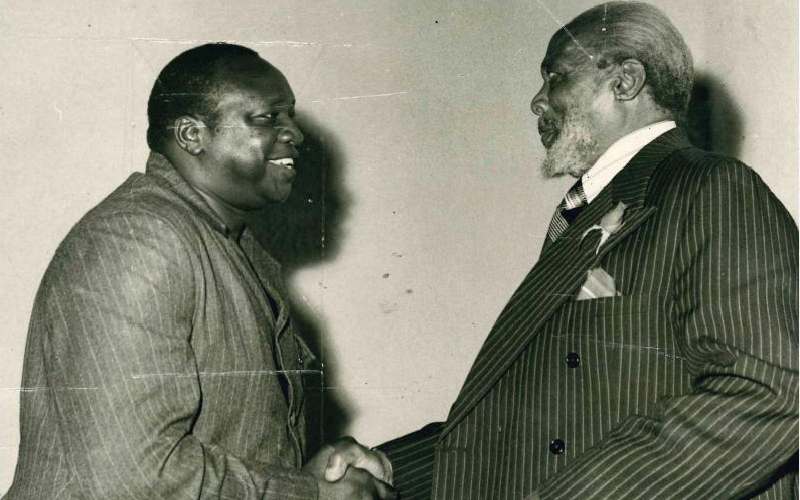×
The Standard e-Paper
Home To Bold Columnists

President Jomo Kenyatta when he talked with his Uganda counterpart Idi Amini. [File, Standard]
After toppling President Milton Obote on January 25, 1971, Idi Amin requested Kenya to assist in training Uganda’s security agents.